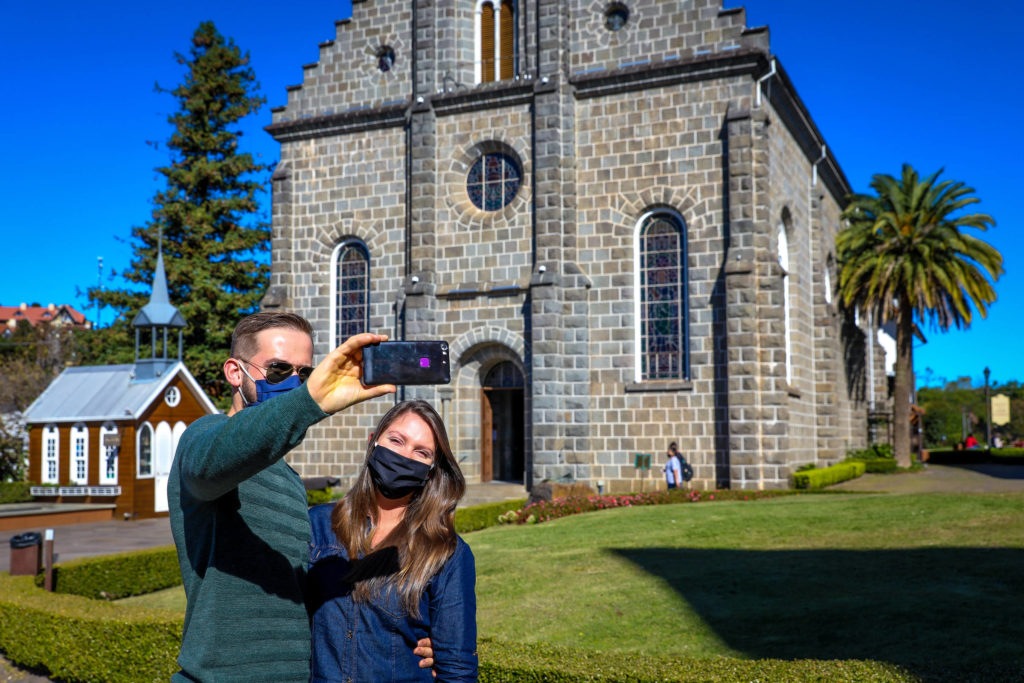RIO DE JANEIRO, BRAZIL – Tourism is one of the business sectors most affected by the pandemic. A study by the Getúlio Vargas Foundation estimates that, in Brazil alone, this industry is likely to record losses of over R$161 billion (US$32 billion).

Throughout the world, regions and countries are starting to reopen their businesses, but the outbreak has already changed our actions and our travels. In this scenario, what is the future of the tourism sector? How will the companies in this market rebound? This is the topic of the first video of the series ‘Do Zero ao Futuro – created by the podcast ‘Do Zero ao Topo’ (From Zero to the Top) to address trends and the future of businesses.
Consultants and entrepreneurs in the tourism sector project that the rebound will be slow and gradual. The good news is that it should start later this year. While the winter vacation season is now deemed lost, from December onwards, with the summer vacation, many people should travel again.
Initially, the tourism rebound will be centered on domestic destinations and preferably short distances. This should benefit car rental companies such as Localiza (RENT3), Unidas (LCAM3), and Movida (MOVI3), and fuel distributors, BR Distribuidora (BRDT3) and Ipiranga, of the Ultra Group (UGPA3).
Regarding accommodation, some say that hotels have an advantage over rental platforms such as Airbnb. This is because hotels are able to adopt and enforce standardized hygiene measures, while platforms that rent accommodation cannot do likewise.
If the current pandemic is at a more controlled level, a second stage of tourism rebound should occur by mid-first quarter next year. Long-distance domestic travel, which requires airline transport, is expected to experience a rebound.
The main issue that needs to be addressed is ensuring passenger safety during flights. Abroad, some airlines like Delta, American Airlines, and United have blocked their middle seats to provide spacing.
However, the question is that this is not a sustainable measure for airlines’ costs, particularly for Brazilian airlines, which have their turnover in Brazilian currency but most of their costs in US dollars. LATAM, Gol (GOLL4) and Azul (AZUL4) are currently facing a very challenging scenario. Last week, LATAM Brazil filed for bankruptcy in the United States.
Business travel and events should represent a third rebound moment for the tourism industry. But the big question in this sector is to what extent will this industry return to pre-pandemic levels, given the fact that the wave of online events and meetings seems to be here to stay.
Finally, international tourism will hinge on the health protocols adopted by each country. The global economic crisis should also contribute negatively to this market’s rebound.
In general terms, a study by the Getulio Vargas Foundation estimates that domestic tourism will take at least 12 months to recover from the Covid-19 shock, while international tourism will need at least 24 months to return to the 2019 level.
About ‘Do Zero ao Topo’
Each week, the Do Zero ao Topo podcast series features a prominent entrepreneur in the Brazilian market telling his story, sharing the greatest challenges faced along the way and the main strategies used to build the business.
The program has already hosted the likes of João Apolinário, founder of Polishop; David Neeleman, founder of Azul; José Galló, the executive responsible for the rise of Renner; Guilherme Benchimol, founder of XP Investments; Artur Grynbaum, CEO of the Boticário Group; André Penha, co-founder of QuintoAndar; Sebastião Bonfim, founder of Centauro; and Edgard Corona, of the Smart Fit network.
Source: InfoMoney

